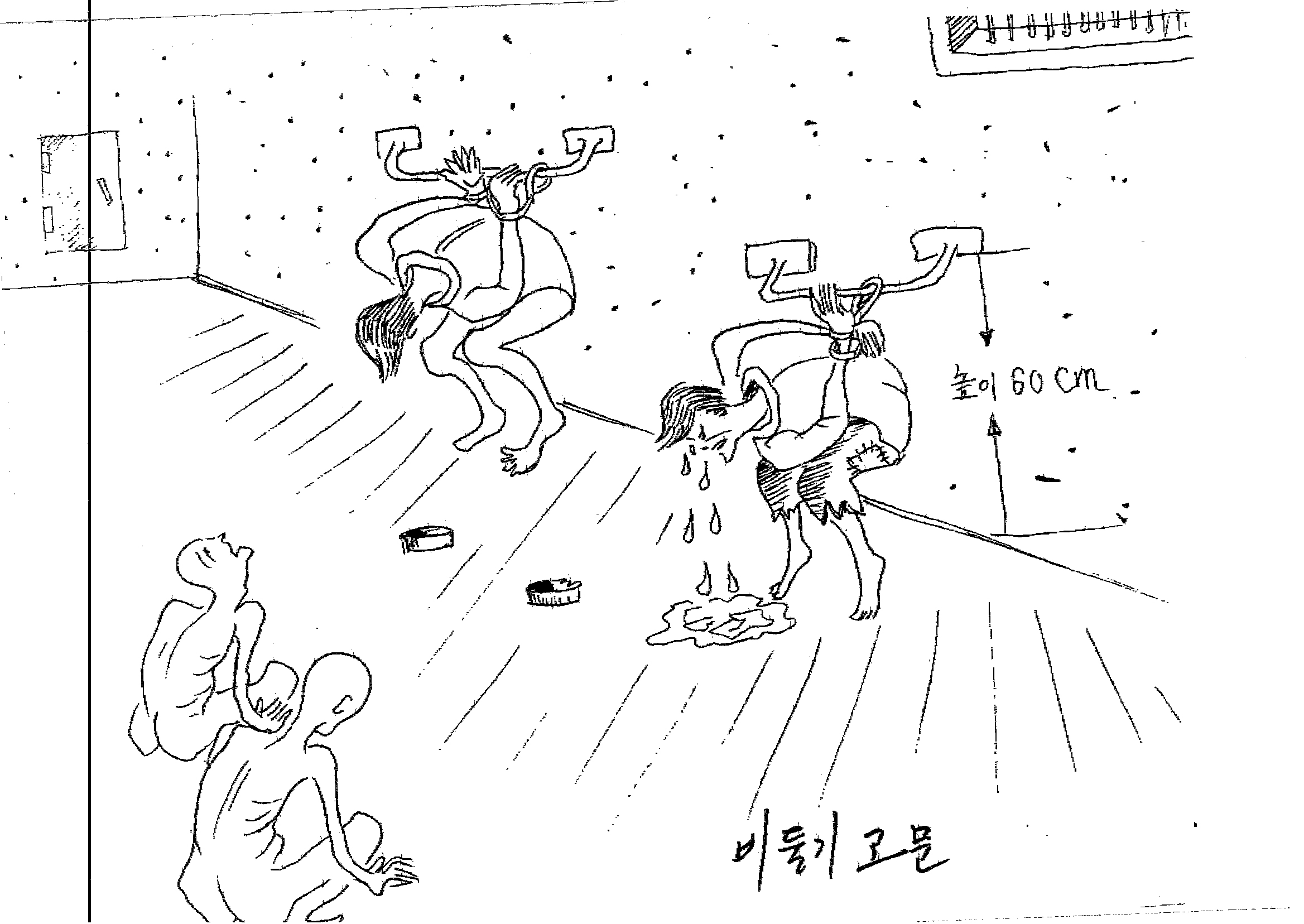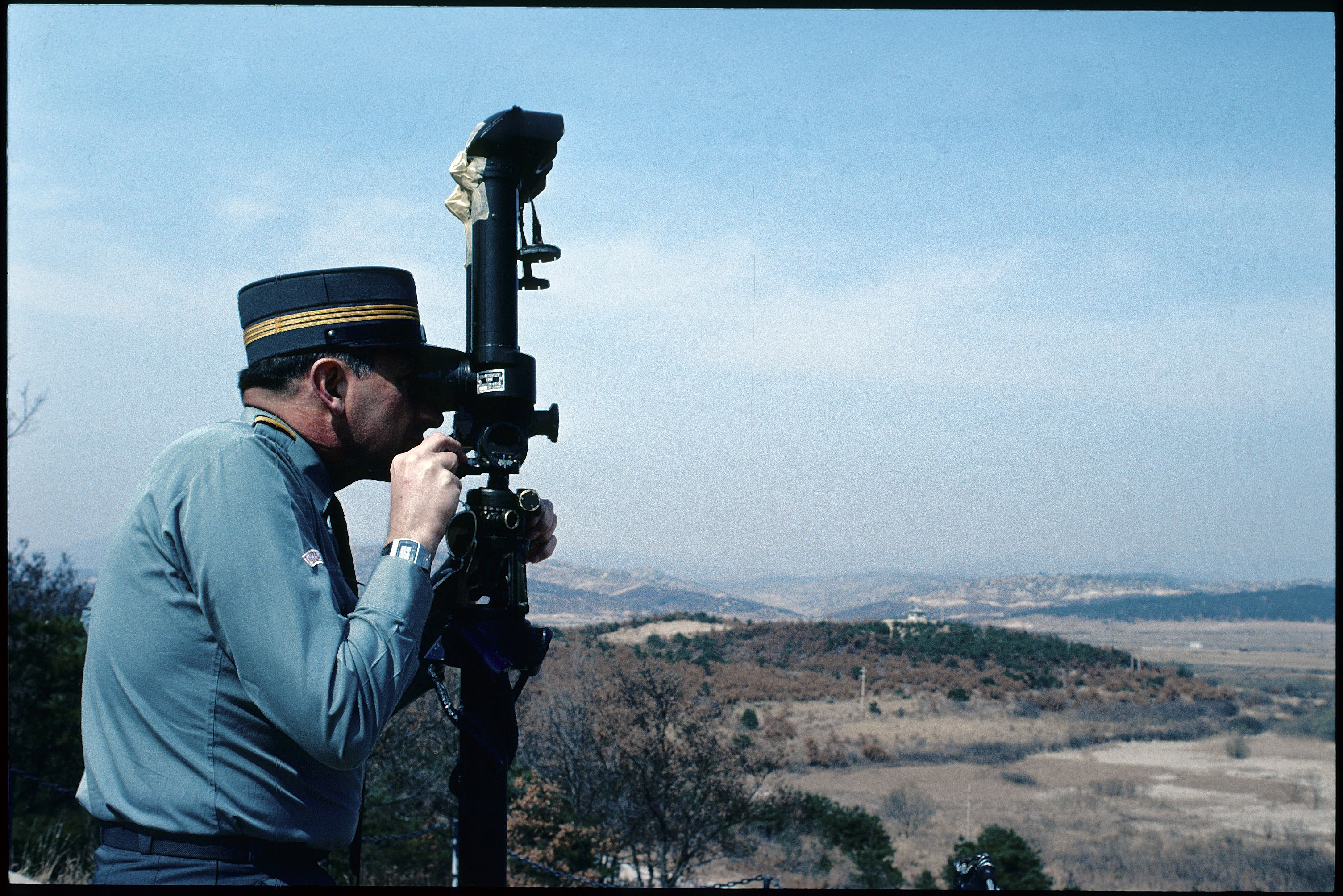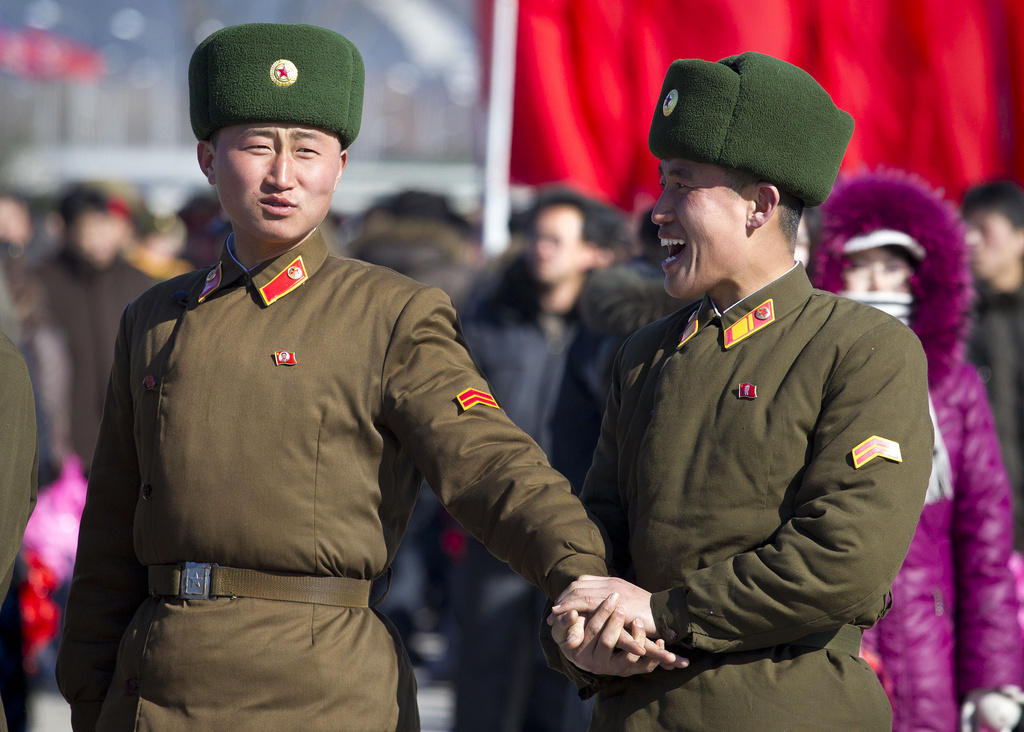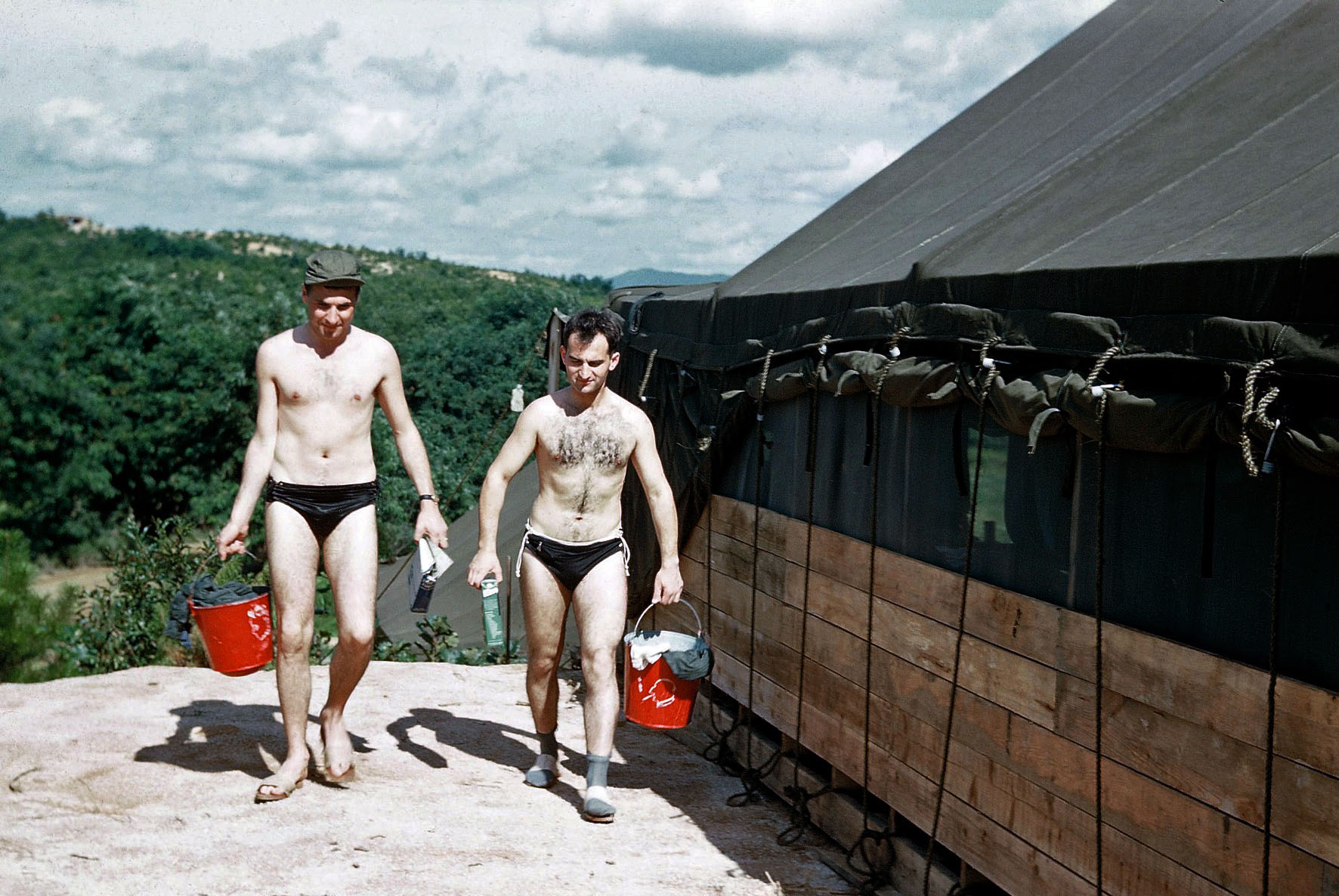UN: North Korean rights abuses mirror Nazis

Human rights abuses committed by North Korea’s regime are as shocking as those of the Nazis or Cambodia’s Khmer Rouge, says the chief author of a United Nations inquiry. But as North Korea and China reject the report, could it end up sitting on a shelf?
Enslavement, executions and torture at political prison camps, state-sponsored abductions, indoctrination, persecution and mass starvations – the list of crimes against civilians in the secretive Asian nation documented in a 372-page UN inquiry report discussed at the Human Rights Council in Geneva on Monday makes terrifying reading.
“My mother and my older brother were publicly executed in front of all the inmates, political prisoners, my father and me,” recounts Shin Dong-Hyuk, who was born in political prison camp No14 in South Pyongan province and is the only known escapee from a total control zone.
According to the UN report, some 80,000-100,000 political prisoners are being held in North Korea without trial.
Dong-Hyuk was one of 80 witnesses who testified publicly at the year-long UN commission of inquiry at hearings held in Seoul, Tokyo, London and Washington, along with 240 confidential interviews that form the basis of the report. The document, which contains human stories on almost every page, was commended by many states on Monday for its detailed, transparent approach.
Among the testimonies, the commission heard how pregnant women repatriated to North Korea from China were regularly forced to undergo an abortion, a practice driven by attitudes towards Korean children with a Chinese father. Children born into such families were frequently killed by the authorities.
“There was this woman who was nine months pregnant. She worked all day. The babies who were born were normally dead but in this case it was born alive. We were watching this baby and we were so happy,” recalled Jee Heon A, a victim of forced repatriation and forced abortion, who was held at a detention centre.
“But suddenly we heard footsteps. The security agent came in and this agent of the state department told us to put the baby in the water upside down. The mother was begging them. But this agent kept beating this woman. And the mother with her shaking hands picked up the baby put the baby face down in the water. The baby stopped crying and we saw this water bubble coming out of the baby’s mouth. The baby stopped breathing. Those kind of things repeatedly happened.”
The UN report also estimated 200,000 people from other countries had been abducted – the vast majority South Koreans stranded after the 1950-1953 Korean War, but also around 100 from around the world since then, a number of them Japanese.
Pyongyang admitted in 2002 that it abducted about a dozen Japanese nationals over the two decades and said eight of them, including Taguchi, had died, a claim rejected by Tokyo.
North Korean representative So walked out of the UN rights council on Monday in protest when Japan allowed Shigeo Iizuka, the head of an organisation representing abductees’ relatives to take the floor.
Iizuka described the case of his younger sister, Yaeko Taguchi, who was abducted in 1978: “She pleaded desperately to be returned to Japan for the sake of her infant children.”
‘Solemn duty’
The chief author of the report, retired Australian judge Michael Kirby, told reporters in Geneva that the examples of human cruelty he had heard and the evidence was “overwhelming”. Earlier in the day he had opened a debate on the inquiry at the UN rights council.
“Contending with the scourges of Nazism, apartheid, the Khmer Rouge and other affronts required courage by great nations and ordinary human beings alike,” Kirby said.
“It is now your solemn duty to address the scourge of human rights violations and crimes against humanity in the Democratic People’s Republic of Korea. If this report does not give rise to action, it is difficult to imagine what will.”
North Korea’s permanent representative to the UN in Geneva, So Se Pyong, dismissed the report’s findings as “shameless fabrications” by “the United States and other hostile forces” to defame the regime and eliminate its socialist system.
The commission, created in March 2013 by the Human Rights Council, was denied access to North Korea and therefore relied on the external hearings and interviews for much of its input.
Defence
North Korea’s key ally, China, and a handful of states including Syria, Cuba, Zimbabwe and Belarus, defended North Korea before the Geneva-based council.
Chen Chuandong, a counsellor at China’s mission in Geneva, told the council that the commission had made “highly politicised” accusations and recommendations that were “divorced from reality”.
Failure to get support and cooperation from North Korea made it impossible for the commission to carry out its mandate in an impartial, objective and effective manner, he added.
China, which has a veto at the UN Security Council, reiterated that it rejects any referral of North Korean abuse cases to the International Criminal Court (ICC), a recommendation which many states including Switzerland, Japan and the European Union support. The UN panel has warned the North Korean leader Kim Jong-un that he may be held accountable for orchestrating the crimes.
‘Last hope’
Along with Japan, the EU is drafting a resolution on North Korea to be voted on by the UN Rights Council next week. But there are concerns the report may just end up in a UN basement gathering dust.
“The commission report is our last hope. So many people’s lives depend on it. I’m concerned it may all just go to waste,” Dong Hyuk told a human rights event in Geneva on Monday night.
But US Ambassador Robert King said pressure on Pyongyang would continue even if China blocked a UN Security Council resolution. While there was no talk of the ICC, the US supports the creation of a field-based mechanism to continue monitoring and documenting rights abuses in North Korea.
“The fact that right now we may not be able to go forward as far as we’d like to go does not mean that we’re going to stop and say we can’t do anything more and we’re not going to do it,” King told the press in Geneva.
“Human rights are not a quick and easy fix and we’re not going to stop.”
Kirby echoed this. “I think we should be a bit patient and see how things pan out now. The report got very strong consensus. China is a very great country with a seat on the Security Council. It has a strong sense of the responsibility regarding its position, so for now we should wait and see.”

In compliance with the JTI standards
More: SWI swissinfo.ch certified by the Journalism Trust Initiative




You can find an overview of ongoing debates with our journalists here. Please join us!
If you want to start a conversation about a topic raised in this article or want to report factual errors, email us at english@swissinfo.ch.